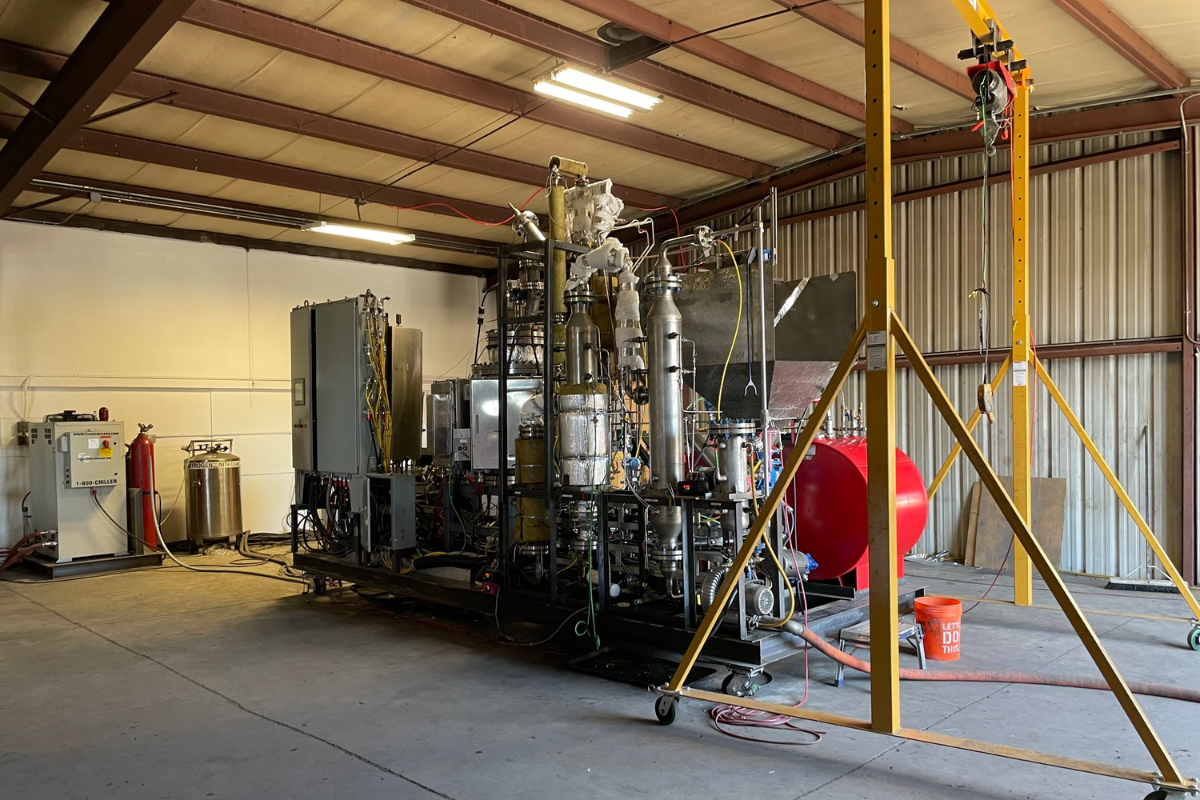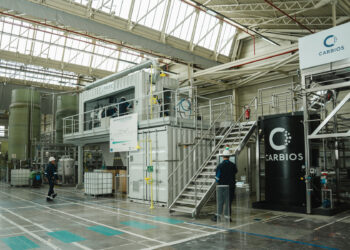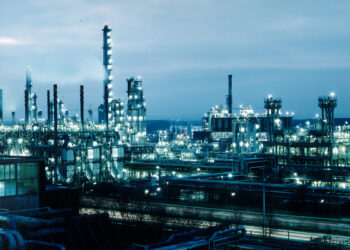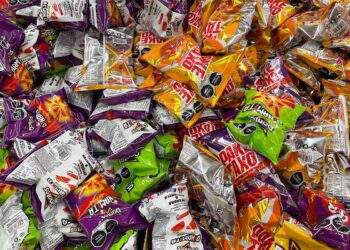- CEO says company ‘grew out’ of the current site
- Company hopes to announce new location by end of year
- Pilot plant has not yet run, but is ‘ready to go’
Chemical recycling startup Resynergi will move its operations from northern California to another state after experiencing more community pushback than it expected, the CEO said.
The company has faced community opposition due to concerns over its use of microwave technology, especially near a school. In mid-August, California Communities against Toxins filed an intent to sue the company, currently based in Rohnert Park, California. In a Sept. 25 statement, the company cited factors including regulatory environment, economic incentives, community fit and scale for its decision to relocate.
Earlier the same month, Resynergi posted an open letter to the community on social media to help alleviate concerns about the planned facility and hosted plant tours.
“I think we just grew out of” the current location as the company approached the testing phase of the commercial unit, said CEO Brian Bauer in an interview with Plastics Recycling News, noting that issues with permitting began with the public-comment stage of the process. “We expected a question here or there, but we did not expect the response that we’ve gotten. So as we looked at what we’re doing here, and all the protests from the community and some of the possible regulatory challenges, that is one part of it,” he said.
But then economic development boards from other states approached Resynergi, Bauer said, trying to attract the company to their areas. With an aim to eventually establish 200 sites across North America, “we’ve already been working on a pipeline of locations; this accelerated that.”
The company found that sites in “neighboring states” were a good fit for its plans, he said. “Oh my gosh, the fit is – it’s night and day” compared to the original plans. “So I would say the pull is almost stronger than the push. It just makes so much sense.”
In the new state, which he declined to disclose, some MRF sites have adjacent land zoned for industrial use that suits Resynergi’s needs. In addition, the state’s welcoming attitude and “embracing” incentives, along with “the clear path of people just like us who were permitted before that, the proven pull, oh my gosh, is so intense,” Bauer said.
He said they hoped to finalize the process by the end of 2025.
Resynergi’s Continuous Microwave Assisted Pyrolysis (CMAP) process uses microwave energy to break down the molecules of hard-to-recycle plastics – accepting HDPE, LDPE, PP and PS – into pyrolysis oil, processing plastics faster and with a smaller physical footprint, Bauer told Plastics Recycling Update in 2024.
Resynergi built a pilot plant in Santa Rosa, and in March 2025, the company along with partner Lummus Technology announced the commercial launch of modular CMAP recycling units. However, due to permitting issues, the pilot plant has never run, Bauer said this week. “We’ve never turned it on, never fed plastic” into it, he said, “but it’s ready to go.”
Because of its modular design, however, the unit can be moved over the course of about three months.
Public concern stalls expansion progress
In December 2024, the City of Rohnert Park granted Resynergi’s administrative use permit for an expanded commercial facility, detailing the process on its website, while noting that “operation is not permitted until all Conditions of Approval were met.” The city issued the initial permit in August 2017.
In mid-July, the city opened a 30-day public comment period for the project, then extended it by six weeks, through October 3, 2025. However, early this month the city said on its site that it had received new information regarding Resynergi’s proposed operations
In February of this year, Resynergi announced it had raised $18 million in series B funding to scale up the technology, and in 2024 it raised $6.4 million. In total, the company has raised about $30 million, Bauer said.
In 2017, about a year after its launch, Resynergi said it had received several orders for its units and aimed to deliver pilot systems toward the end of that summer. However, the plant design has changed since then, Bauer said, with the new pilot containing four reactors instead of the original single one.
“We need to get this bigger 5-ton [per day] unit up and running, and show it running,” Bauer said. “We have a lot of confidence that this one will run really well, because we have thousands of hours on the prototype unit of a single one, and that reactor is almost exactly the same. So we have a high confidence that this will go well.”






















